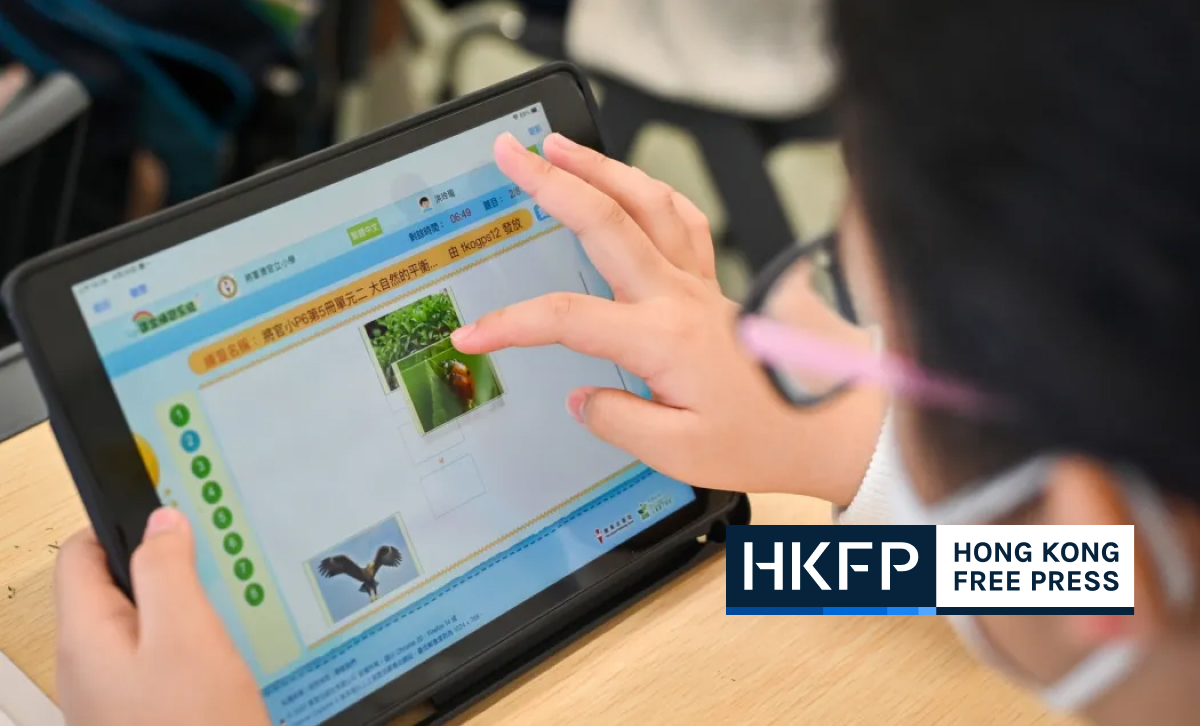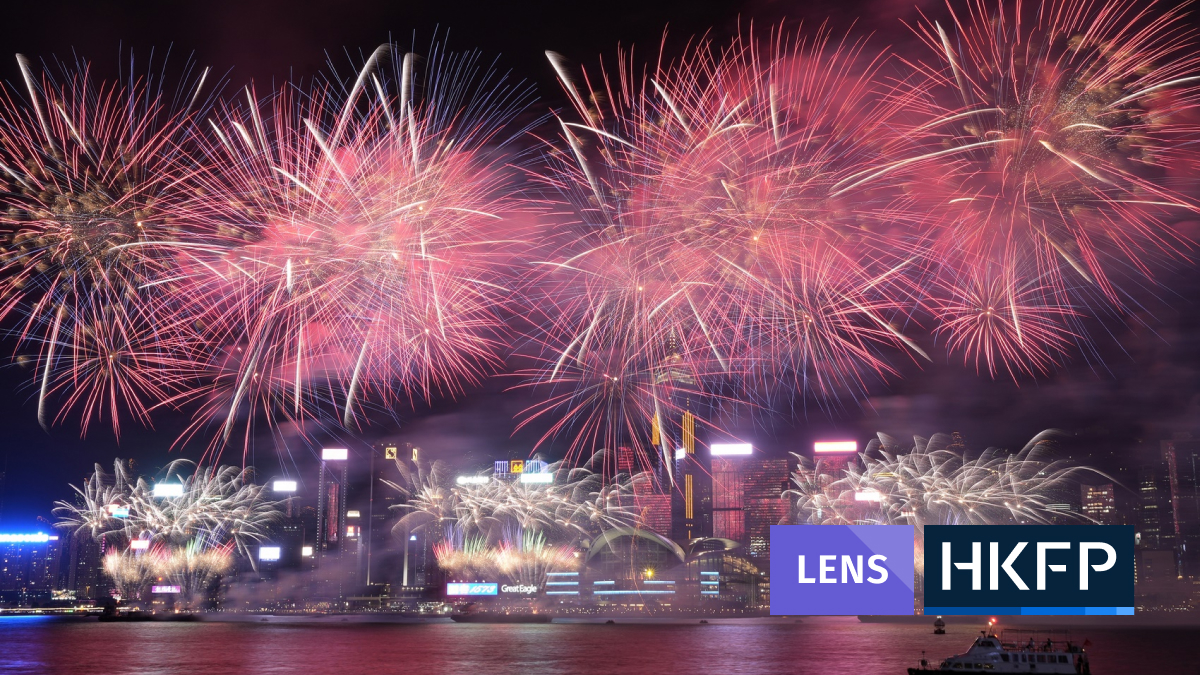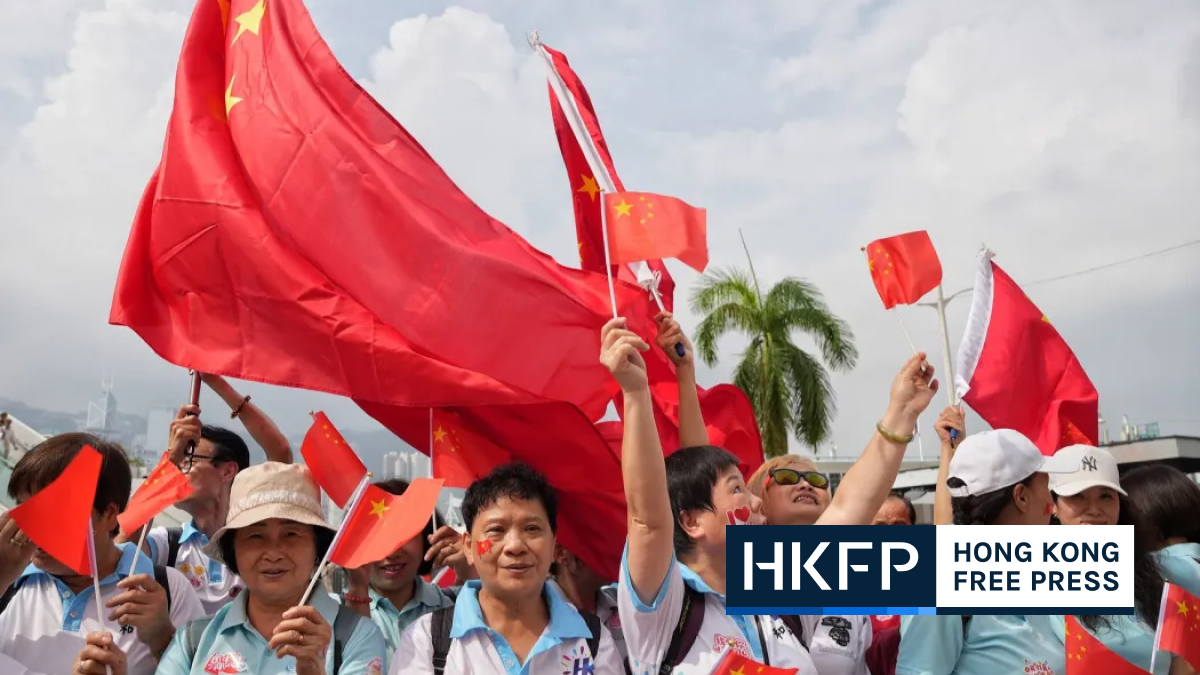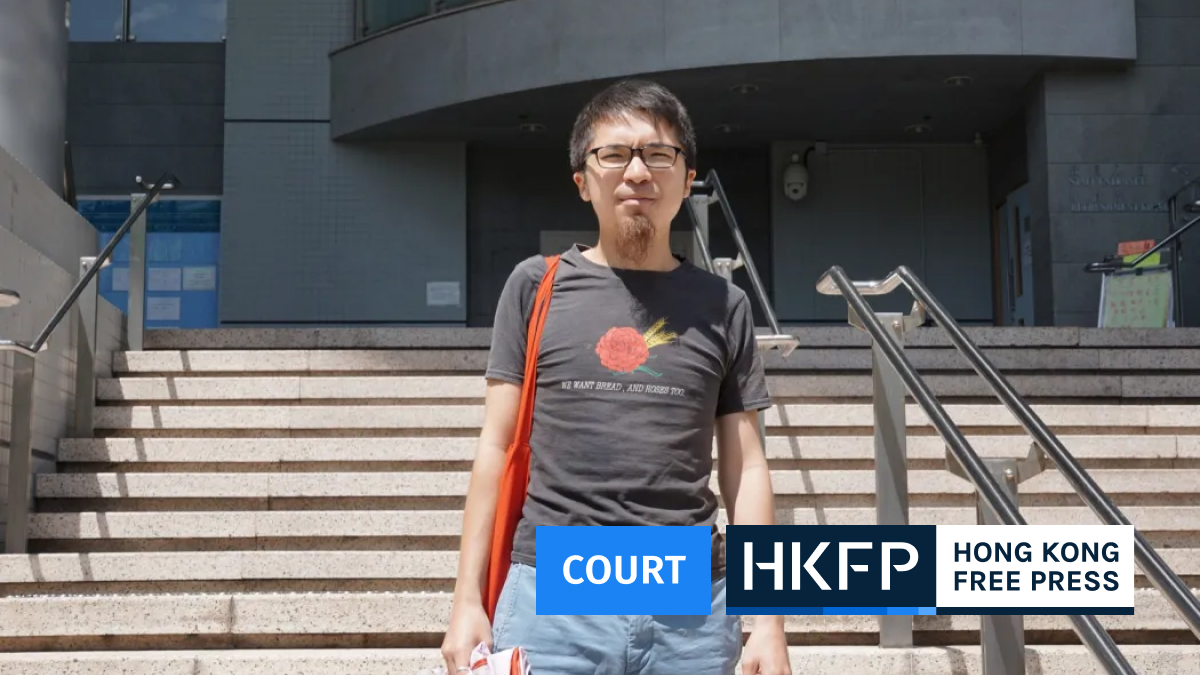As a kindergarten principal in Hong Kong, Reann Lau was used to seeing children’s smiles when they laughed, and their pouts in moments of sulky silence. But the last time she walked into a classroom full of facial expressions was over three years ago, before Covid-19 arrived in the city and residents masked up.
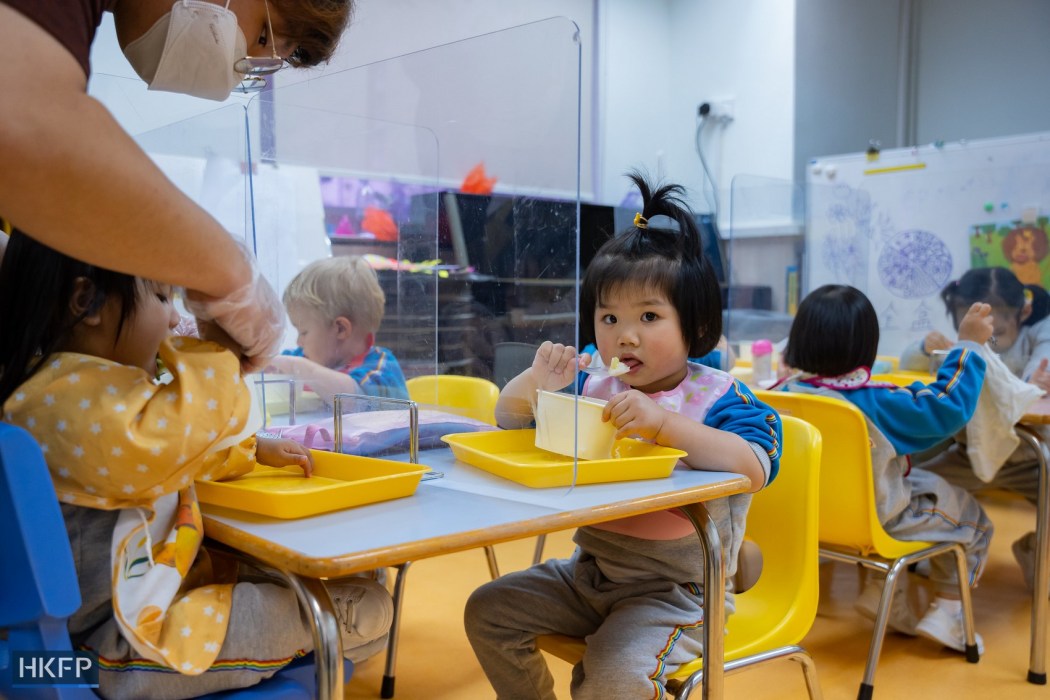
Before the mask mandate was axed on Wednesday, Lau said she looked forward to seeing children’s faces again – but she suspected they may not share her anticipation. Since the rule was scrapped, around 80 per cent of her pupils were still wearing masks, she estimated.
“Masks have become a part of them. It will take time for them to get used to life without masks,” Lau told HKFP, “especially the younger ones.”
She added: “Once, a two-year-old girl who had just finished her snack wouldn’t look at me until I helped her put her mask back on.”

Wednesday was the first time since July 2020, when the mask-wearing rule was expanded to include outdoor spaces, people were no longer required by law to cover their faces in public.
At schools, the response has been mixed. A primary school Chinese teacher told HKFP that “around 80 per cent” of her students were still masked. An English teacher at another school observed that while around half of her class of 27 Primary One kids were wearing a mask, “only one kid” among her Primary Three students was mask-free.

“For as long as they can remember, the messaging from the government, the parents and the public has reinforced that [wearing a mask] is the right thing to do,” said Ewan Jones, a teacher at an education centre. “The [younger ones] will be confused why they have to take it off now.”
‘A sense of safety’
Across the city, educators and parents told HKFP that children have become attached to their masks and may feel uneasy without them. Young children would struggle the most, they said, as they did not know a time when face coverings were not needed.
“[My little girl] shows her anxiety sometimes when taking off her mask,” a mother of a three-year-old told HKFP. “[If] she’s not comfortable meeting new people, she [won’t] let us remove her mask even for a quick picture or when we visit our friends’ house.”

Cathy Wong, the co-founder of an English tutorial centre, told HKFP “around 90 per cent” of her students were still wearing masks.
When HKFP visited the centre while face coverings were still compulsory, one boy told HKFP that it was “super hard to breathe” while masked. He was among the few who was not wearing a mask, Wong said.
“Myself and the other teacher, we now mostly do not wear a mask while teaching,” Wong said. “Without masks, students can see the movement of our mouths and that would help them learn more accurate pronunciations.”
“We’ve noticed that parents who are more anxious about Covid-19, their children are more anxious too, and these are the ones who are particularly attached to their masks,” she added. “Masks give them a sense of safety.”

On the other hand, teachers thought older children may be more keen to return to the mask-less, pre-Covid days, especially as temperatures rise in humid Hong Kong.
“Older kids are more mature,” Owais Ali, a maths teacher at another education centre, said. “They know that masks are there for us when we are sick, during Covid times, and that they’re not permanent.”
Social skills handicapped
Beyond discomfort and anxiety, experts are concerned that three years of mask-wearing has hampered children’s ability to socialise and express themselves – far-reaching impacts that may take years to address.
Young children had not necessarily learnt how to read facial cues before Covid-19 hit, educational psychologist Catherine Au at NGO Boys’ and Girls’ Clubs Association of Hong Kong told HKFP. With masks, children cannot grasp how to react to and perceive cues.
“When communicating, we can’t just rely on our eyes. We also take into account the shape of our mouths and other facial expressions,” Au said. “They will have to learn all this.”

If children misread expressions, their peers might shun them or wonder why their “social skills are so bad,” the psychologist said.
For older children, almost three years of masking has raised a different concern. Self-conscious pre-teens who were able to hide behind a mask must now confront their insecurities, revealing their perceived imperfections to their peers.
“Many secondary students think they look more attractive without a mask,” Wong, the tuition centre co-founder, told HKFP.
‘It will take getting used to’
Since the mandate was lifted, most Hongkongers have continued to wear masks. The city was an early adopter of facial coverings, taking to them ahead of much of the world and even when the government initially said they were not needed.

Amid fears that children may face anxiety in a mask-free society, Kathy Shum, an associate psychology professor at the University of Hong Kong, said it was not accurate to say that all kids would struggle to adapt.
“We cannot generalise. It depends on many factors such as the children’s personality, the occasion, and what their parents are saying,” she told HKFP, adding that children who display “stronger rigidity towards routine” may need more time to adjust.
“Parents and educators should still remain observant to signs of anxiety or distress in children,” Shum said. “It is also important to respect the child’s decision… during this transition period.”
Ultimately, the professor added, wearing a mask was like any other habit. “If you’ve been doing something for so long, and suddenly you stop… it will take getting used to.”
Support HKFP | Policies & Ethics | Error/typo? | Contact Us | Newsletter | Transparency & Annual Report | Apps
Help safeguard press freedom & keep HKFP free for all readers by supporting our team


